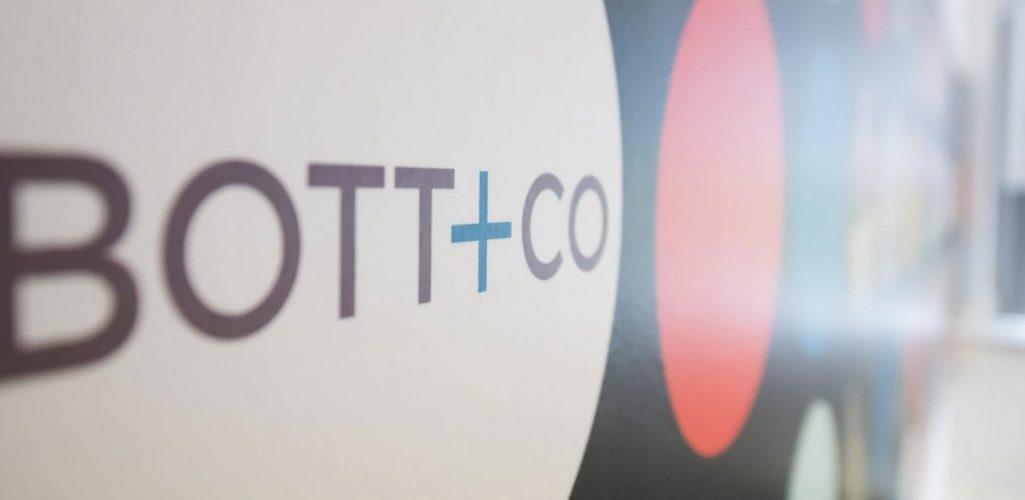A new survey of APIL members suggests that over 50% of personal injury firms do not pay referral fees, but do spend an average of £500 to acquire cases.
The report showed the mean cost of acquisition for RTA cases between £1000 & £10,000 to be £444, and a median cost of £550. The mean figure rose slightly for RTA cases between £10,000 and £25,000 to £450, while the median remained the same.
The report also showed that the average cost of EL accident cases was £550 (median) although this dropped for EL disease to between £229 and £250. Public Liability cases were also costed at £550.
The figures indicate that the cost of acquiring cases is not substantially different from the speculated level of referral fees.
The figures were published as part of APIL’s response to the forthcoming abolition of referral fees on April 1st within the Legal Aid Sentencing and Punishment of Offenders Act 2012. APIL suggests that the government’s conclusions “about the link between referral fees and lawyers’ costs… are illogical and flawed.”
The figures indicate that the cost of acquiring cases is not substantially different from the speculated level of referral fees. This would suggest that most firms would find it uneconomical to remain in business if the reduction of portal fees came into practice. APIL’s survey of its members shows that one in six law firms will stop handling personal injury claims worth less than £25,000, and half were unsure of their plans in the market if the reduction comes into effect.
Solicitors are free to obtain business in many different ways. All cases have an acquisition cost
“Solicitors are free to obtain business in many different ways. This is the nature of a competitive market. All cases have an acquisition cost, in just the same way as insurers advertise to attract new customers for their insurance products. If the logic of the Government’s belief as to the effect of the abolition of referral fees on insurance premiums were applied to the insurers themselves, the Government should make it illegal for insurers to advertise for customers thus saving them a considerable cost which would be reflected in lower premiums.”
“The effect of the drastic reduction in costs payable by defendants is to require one of two things (or a mixture of the two): a reduction in what claimant representatives receive for doing the work; or a reduction in the level of compensation received by the injured person as the injured person will have to contribute to the costs out of their damages.”
The Government has been quiet to this point on how they reached the new reduced figures.
It is one thing banning referral fees but it is an entirely different agenda to completely remove the solicitor from the ability to meet the client.
Worryingly, the changes will limit access to independent legal advice, enabling insurers to settle claims directly. The FSA’s figures suggest that in cases where insurers deal directly with the injured party, “offers are only rejected in three per cent of cases despite the fact that when injured people are independently represented by a lawyer they are awarded 274.95 per cent or £1,003.07 more than the first offer.”
Bott and Co managing director, and past president of APIL, David Bott said “To reduce the solicitor’s fees by just subtracting a referral fee would also make it near impossible for solicitors to advertise or self-generate work. It is one thing banning referral fees but it is an entirely different agenda to completely remove the solicitor from the ability to meet the client in the first place.”
